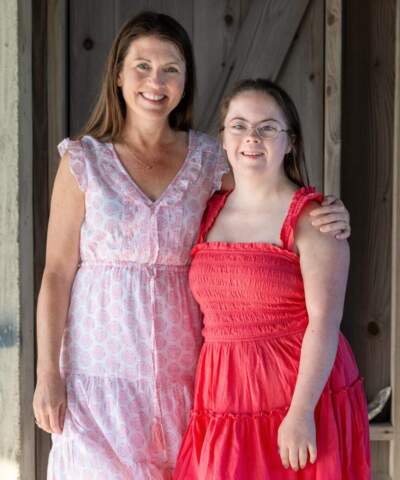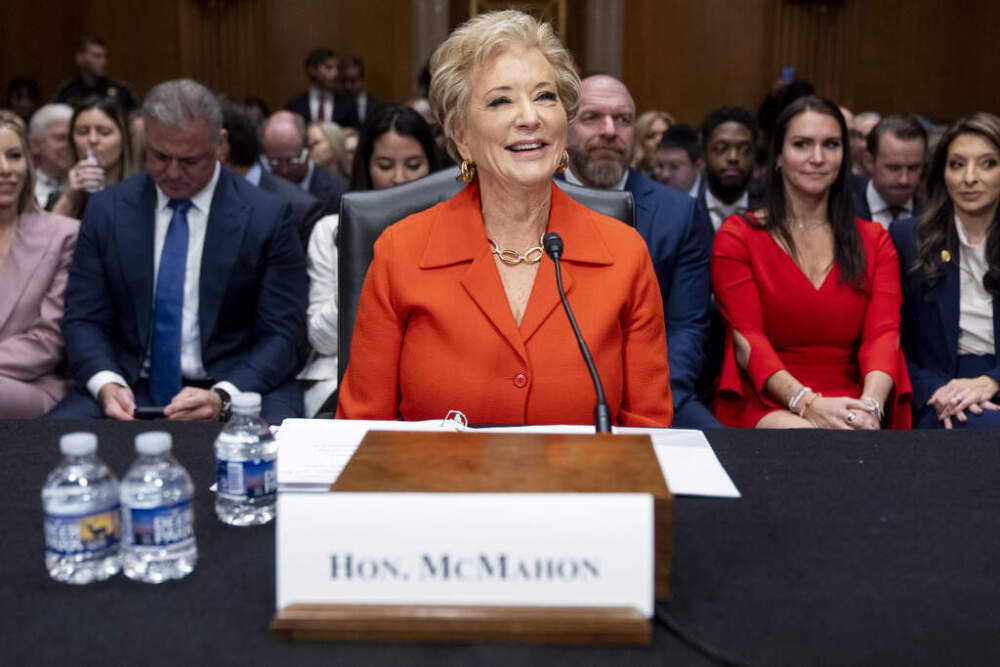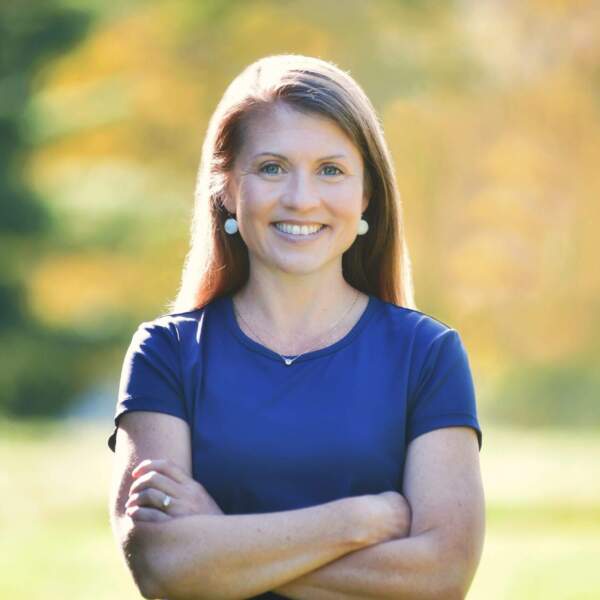Advertisement
Commentary
The Trump administration's rhetoric about disability diminishes us all

Elon Musk — the world’s richest man and the man tapped by President Trump to head the Department of Government Efficiency (DOGE) — regularly employs the word “retarded” to insult people on his social media platform, X. He has used this word to belittle Danish astronaut Andreas Mogensen. He has used it to cry out against “the woke left.” Musk’s language is not simply an unwillingness to perform according to the standards of political correctness and use good manners. Rather, he, and others in the Trump administration, are telling a particular story about disability.
In Trump’s first term, he mocked a disabled reporter. His nephew, Fred Trump, recounts a conversation in which the president suggested that “maybe” people with disabilities “should just die.” Throughout his campaign, Trump maligned both President Biden and Vice President Harris by calling them “mentally disabled.” And in a press conference immediately following the January collision of a military helicopter and passenger plane near Regan National Airport, Trump remarked, “We have to have our smartest people… It matters, intellect, talent. You have to be naturally talented geniuses.” He then referred to a Fox News headline: “The FAA’s diversity push includes hiring people with severe intellectual and psychiatric disabilities.” The implications were clear. Trump inaccurately suggested that intellectually disabled air traffic controllers might have caused this tragedy. Then came an Executive Order to address health concerns in which autism spectrum disorder and ADD/ADHD were named as two among many "health burdens" that “pose a dire threat to the American people and our way of life.”
Whether it is the overtly offensive mockery of the R-word or the more subtle suggestion that disability threatens our collective health and safety, this administration’s language tells a misleading and inaccurate story of disability as defect. This rhetoric sets up a hierarchy of human value in which the disabled fall to the bottom of a competitive heap. The Trump administration is telling a false story not only about disability, but about who we are as humans.

I’m particularly attuned to the language surrounding disability because our 19-year-old daughter Penny has Down syndrome. When she was diagnosed at birth, doctors and nurses gave us words like birth defect, chromosomal abnormality and intellectual disability to describe her condition. The initial story I was told about our daughter was framed in the language of deficit and problem.
Over time, our family learned a different way of understanding Down syndrome, which began with getting to know our daughter. We started to understand her challenges, that learning almost anything would take time and happen step by step. We started to notice her gifts: her gentleness, her wide-eyed concern for anyone in need, her loyalty. Instead of using the language of defect, we learned and practiced the language of limitations and possibilities, and we began to understand how all human lives are marked by both.
In “A Disability History of the United States,” Kim Nielsen writes, “Most indigenous communities had no word or concept for what in American English we today call ‘disability.’” She explains how the idea of physical and intellectual disability emerged from a view of humanity that evaluates humans based on productive capacities. In many native cultures, she explains, “As long as an individual could sustain meaningful relationships that involved emotional or labor reciprocity — regardless of cognitive, physical or emotional capacities … , they were not considered disabled.” In recent decades, scholars have echoed the indigenous way of understanding disability through what they call the social model of disability. The social model emphasizes social structures that impede mobility, relationships and flourishing in contrast with the medical model of disability, which highlights individual deficits.
Advertisement
The Trump administration’s use of accusatory and demeaning language for people with disabilities creates a narrative that calls their worth into question. The language of defect leads easily to divisive and dehumanizing policies. Earlier in the history of this nation, a similar attitude towards the disabled led to mass institutionalization, forced sterilization and support for eugenics.

The language we use and the stories we tell shape our behavior. After Musk tweeted the R-word, thousands of others followed his lead. Trump’s demeaning attitude toward people with disabilities shows up not only in his words, but also in his stated desire to dismantle the Department of Education, which would effectively eliminate any recourse for disabled children whose rights are violated within our education system. The recently proposed budget cuts of $880 billion would inevitably cut Medicaid and Medicare spending, which would adversely and disproportionately affect disabled Americans and their families.
So far, the Trump administration has told a story about disability that diminishes us all. And until we have a cultural imagination that assumes the full humanity of the disabled, we will perpetuate systems that reduce every person’s worth to their individual abilities, productive capacity and social status. But it doesn’t have to be that way. When telling the story of disability, we can acknowledge the real limits and real possibilities inherent within every human life. We can tell a different story and shape a different world.
Sign up for Cog's weekly newsletter, sent on Sundays. We share stories that remind you we're all part of something bigger.
